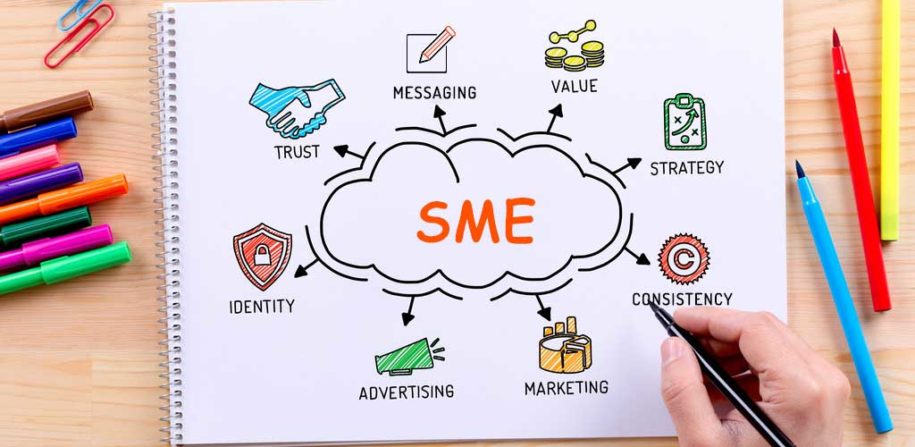What is SME?

SMEs are the beating heart of the PNG economy, making up the majority of the nation’s businesses.
But what exactly is an SME? How are SMEs defined, and what are their importance? Read on to find out.
What is the EU SME definition?
The EU SME definition is currently set out in a document called EU Recommendation 2003/361. It uses the measure of headcount explained above – SME is a business with fewer than 250 employees. It also makes definitions of the three categories of business within the SME umbrella. According to the EU definition:
A medium-sized business has fewer than 250 employees and either a turnover of up to €50 million or a balance sheet total of up to €43 million
A small business has fewer than 50 employees and either a turnover of up to €10 million or a balance sheet total of up to €10 million
A micro-business has fewer than ten employees and either a turnover of up to €2 million or a balance sheet total of up to €2 million
However, the EU recently ran a consultation with a view to potentially changing its SME definition. The responses were collected earlier in 2018, and you can read the latest progress on the EU’s website.
How do I start an SME?
If you’re looking to start your own business, there is a wealth of support available online and through groups like the British Chambers of Commerce. Simply Business offers a great range of tips and how-tos to get your business off the ground, which you can find in our Knowledge Centre.
If you’re just starting out, there are a few things you’ll need to get sorted as a priority.
- Work out what you’re offering
What is it that makes your new business unique? Work out what you’re offering, and what separates you from your competitors, whether that’s a unique product or service, competitive pricing, ‘value adds’, or many other potential differentiators. - Do your research
Research is key in the earliest stages of a business. You’ll need to think about what your competitors are doing, and analyse their strengths and weaknesses. You’ll also need to think about how you’ll find the right suppliers, how you’ll deliver your products or services, and crucially, how you’ll market yourself to new customers. - Build a business plan
A business plan is the foundation for a new business. It’s a crucial document, and one that grows and changes along with your new venture. Read our comprehensive guide on how to write a business plan. - Get the legal side sorted
You’ll need to choose a legal structure for your business, understand the tax deadlines and responsibilities, and, in some circumstances, apply for a business licence. - Find customers
Now it’s time to market yourself! Your business plan should include details of the marketing activities you’ll conduct in order to get yourself in front of new customers. For some top tips and guides, read our Marketing section.
Do you run an SME? Tell us about your experiences in the comments